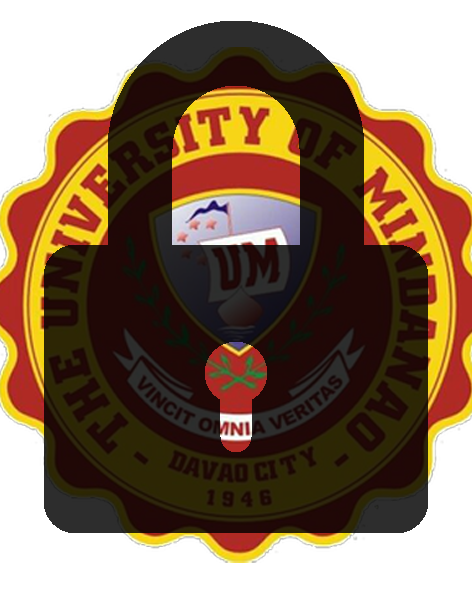Diverse age, diverse roles: A qualitative exploration of age differences in human resource practice

View/
Date
2024-04Author
Brigoli, Ma. Faye S.
Algabre, Graceziel Joy F.
Manguilimotan, Richa T.
Citation Tool
Metadata
Show full item recordAbstract
This study aimed to examine the Age Differences in Human Resource Practice through the lens of HR Practitioners from various firms. The categorical variables of this study are the Perceptions of HR Practitioners on Age Differences in HR Practice, Strategies to Address the issues of Age Differences in HR Practice, and Insights/Reflections of the Researchers based from the findings and observations during the conduct of the study. The researchers conducted an in-depth interview with selected HR Practitioners. There were seven (7) informants for this study. Researchers made consent letters to the participants to conduct the interview. The researchers used a research questionnaire, and the informants answered each question through a face-to-face interview. Furthermore, the researcher made use of a transcript to analyze the data. The findings show that the perceptions of HR Practitioners on Age Differences in HR Practice are Generational Differences, Knowledge Transfer, Teamwork, and Technological Proficiency. Open communication helps address the existing age differences problems inside the workforce; conducting team-building promotes the formation of a unified and productive team that values the efforts of all members, accepts age differences, and collaborates well to accomplish shared goals; implementing training and seminars that aim to concurrently address the three objectives of eradicating stereotypes, harmful behaviors, and ignorance, and complying with company rules and policies that support equity, inclusion, compliance, and organizational effectiveness.
Collections
- Undergraduate Theses [128]
Publisher
Department of Business Administration Education - Bachelor of Science in Business Administration - Human Resource Management
